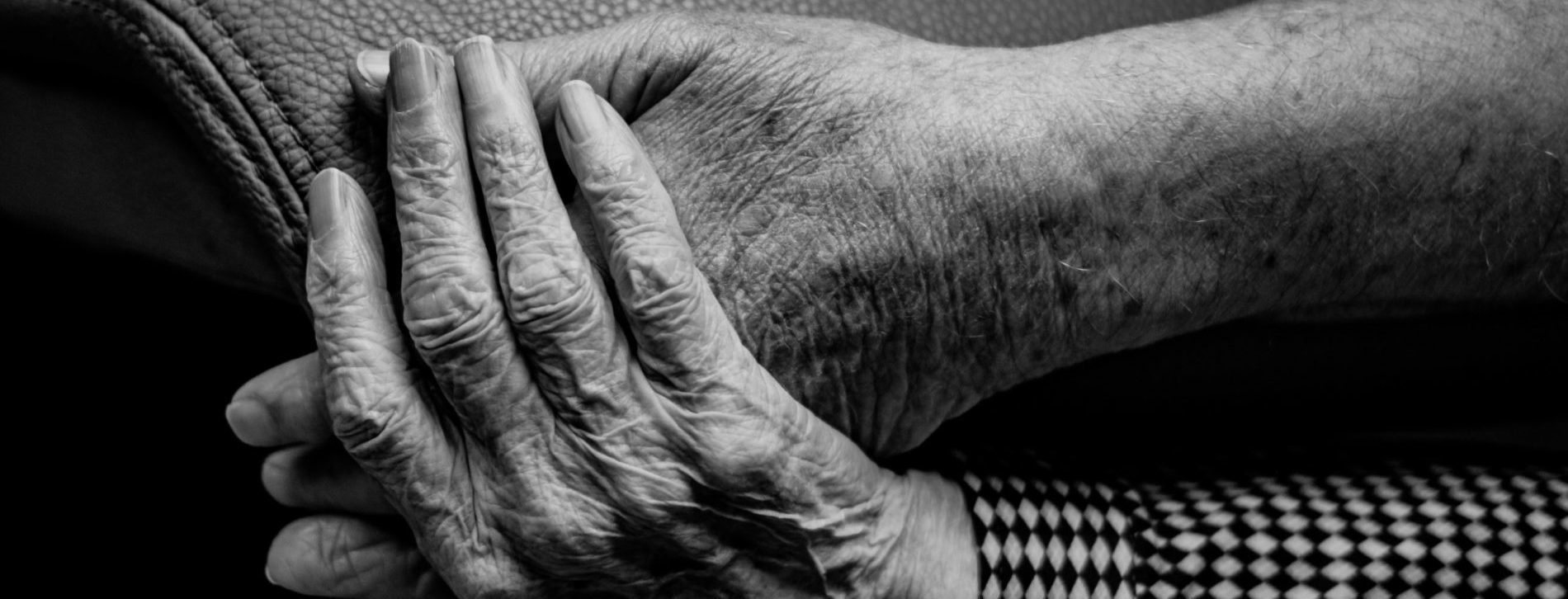Order to act under the Protection of Personal and Property Rights Act 1988
The three most common orders granted under the Protection of Personal and Property Rights Act 1988 (“the Act”) are set out below together with an explanation of what happens when you have been appointed, and what your obligations and responsibilities are.
Property Order: This Order occurs when a person’s item of property does not exceed $5,000 in value or their income/benefit does not exceed $20,000 in any one year. You are required to administer the property, income or benefit in such a way as to enable or encourage the person for whom you are acting to exercise and develop such capacity as that person has to the greatest extent possible.
Property Manager: This Order occurs when a person’s property or income exceeds that as described above under Property Order. The function and duty of a manager is to use the property in the promotion and protection of the best interests of the person for whom you are acting. You must also, as far as possible, encourage that person to develop and exercise the level of competence they may hold.
The Act requires you to report to the Court with a Statement of Management, three months after the Order has been granted. This Statement includes providing bank statements together with copies of supporting receipts and must be completed in the prescribed form. After the first three months, reporting is then required every 12 months on the anniversary from when the Order was made. If you fail to do this, the Court will draw this to the Judge’s attention who may Order that you comply.
Welfare Guardian: This Order is made under section 12 of the Act, and only where a person has been deemed to be wholly incapable. As Welfare Guardian, you cannot:
- make any decision relating to the person entering into marriage or civil union, or to the dissolution of that person’s marriage or civil union; or
- make any decision relating to the adoption of any child of that person; or
- refuse consent to the administering to that person of any standard medical treatment o procedure intended to save that person’s life or to prevent serious damage to that person’s health; or
- consent to the administering to that person of electro-convulsive treatment; or
- consent to the performance on that person of any surgery or other treatment designed to destroy any part of the brain or any brain function for the purpose of changing that person’s behaviour; or
- consent to that person’s taking part in any medical experiment other than one to be conducted for the purpose of saving that person’s life or of preventing serious damage to that person’s health; or
- request, on behalf of the person, the option of receiving assisted dying under the End-of-Life Choice Act 2019.
In exercising powers under this Order, the Welfare Guardian must promote and protect the welfare and best interests of the person, while seeking to encourage that person to develop and exercise such capacity as the person may have to understand the nature and consequences of decisions being made.
Your appointment under the above Orders will end in a number of situations – with the most common being when the person you are acting for dies. Get in touch with our Family Law Team if you have any questions – we’ll be happy to help.
